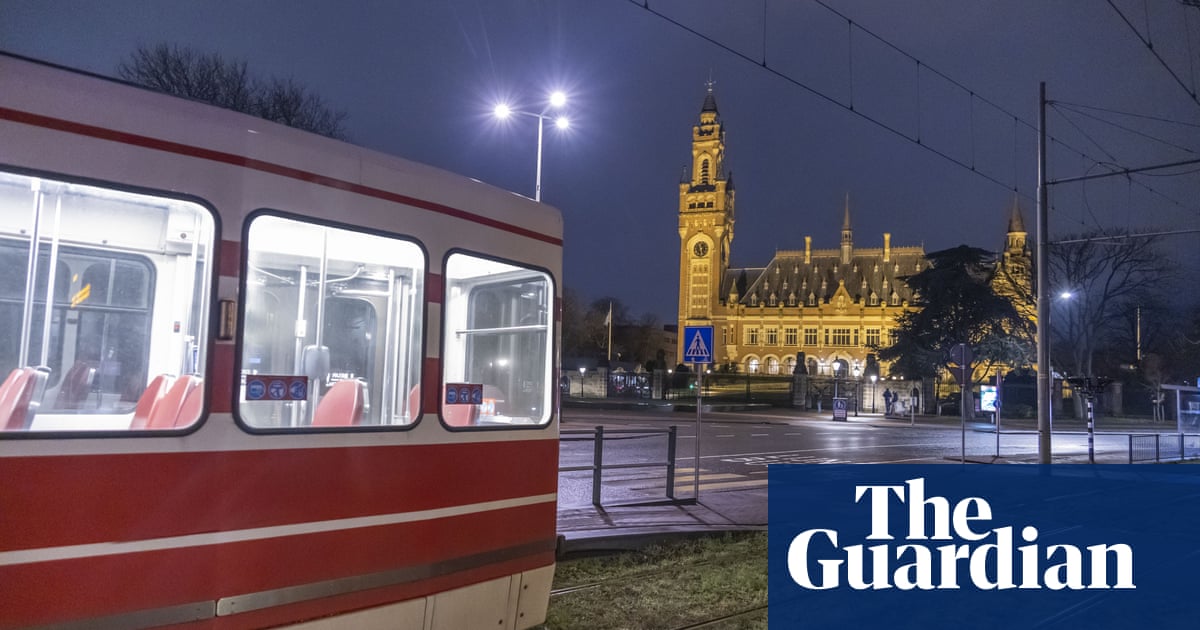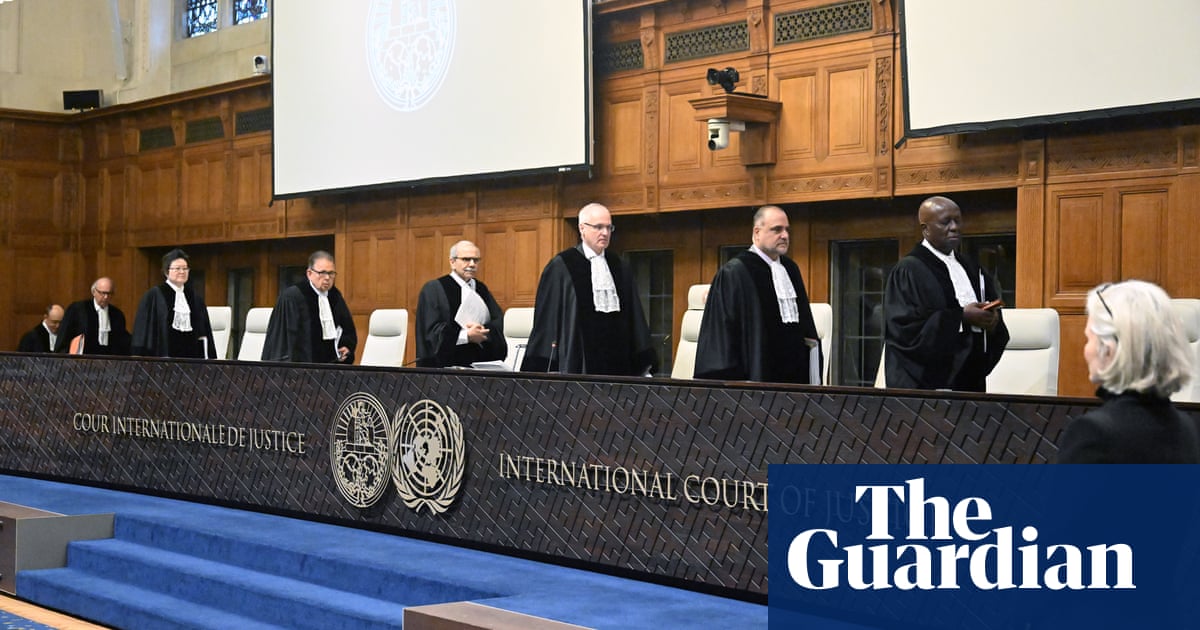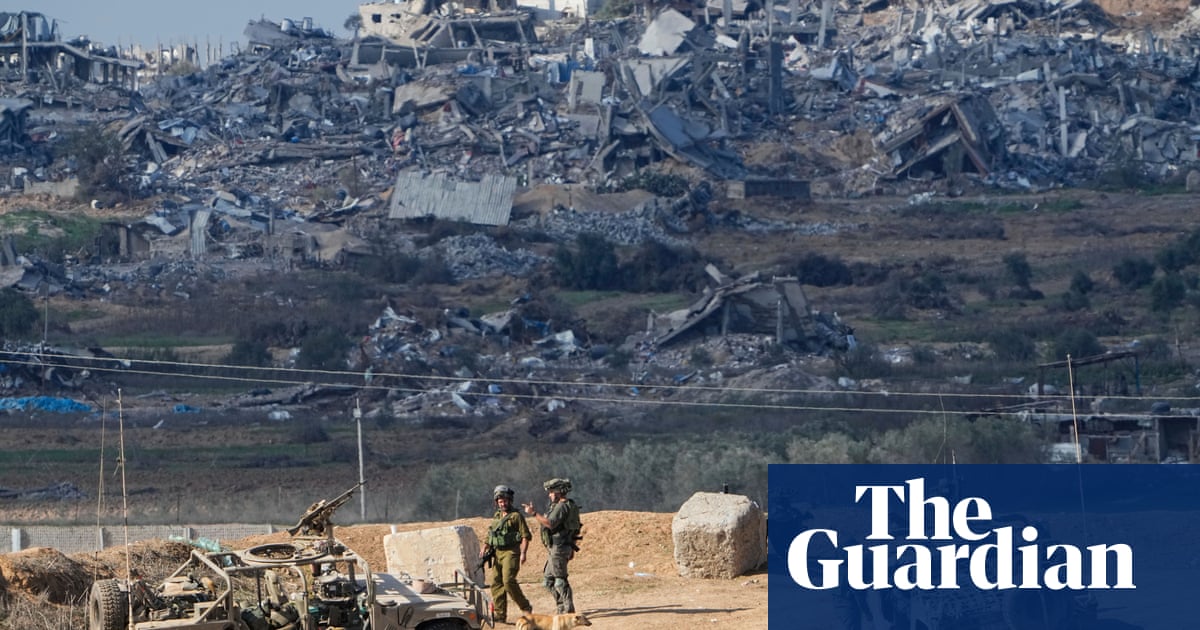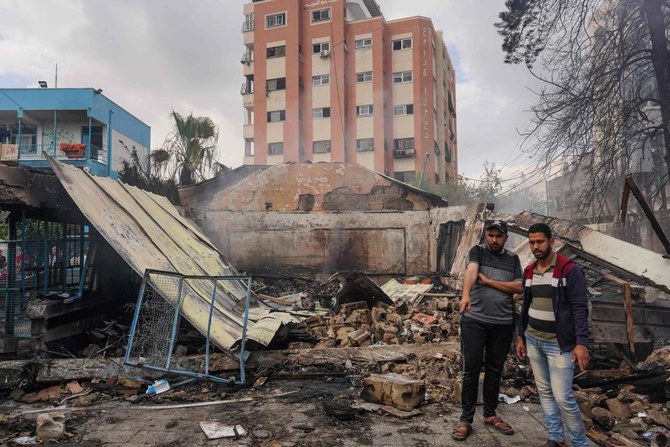
In 2016, it was possible for me to write a book, “The Rohingyas: Inside Myanmar’s Hidden Genocide,” that described the Rohingya as “unknown” and perhaps the most under-acknowledged persecuted community on the planet.
At the moment, the Rohingya community is broadly split into three sections. The bulk, perhaps about 1.1 million, are in refugee camps in Cox’s Bazar in Bangladesh. Authorities in the country are struggling with the implications of this, trying to ensure the refugees do not enter the domestic labor force, while looking to relocate them if at all possible.
About 600,000, mostly elderly, still live in Myanmar’s Rakhine state in the internal camps they were forced to enter in 2013. It was the threat to this community in particular that led the International Court of Justice to issue a 2020 ruling demanding urgent action to protect them from the Myanmar authorities.
A further 400,000 Rohingya are scattered across India, Indonesia, Malaysia and Thailand, plus some in Pakistan. They have no official refugee status and are mostly dispersed among the labor force, often in conditions akin to slavery.
The legitimate demands of the Rohingya are for citizenship in Myanmar and a return to Rakhine. The obvious problem is that this was hard enough to safely arrange before the 2021 military coup in Myanmar, and is impossible now.
Bangladesh is in a difficult position. It has a long history of forcibly returning Rohingya refugees, in part because it does not wish to legitimize the actions of the authorities in Myanmar, and it is a poor country with enough domestic problems of its own.
Regardless of where the Rohingya are currently located, a number of issues need to be a part of any discussions with Myanmar’s national unity government. Such talks are something to which they seem amenable.
Firstly, the Rohingya name must be accepted and used. There is no justification for pandering to the views of the older leadership of the National League for Democracy that the Rohingya are “Bengalis.” Usage of the community’s proper name on a consistent basis is a more powerful statement than might initially appear to be the case.
Linked to this, any discussion with the national unity government must be on the basis of removing all restrictions on the citizenship of the Rohingya that were introduced over the past five decades. The evidence that emerged during 2021 suggests that playing down the rights of the Rohingya is not a means through which to bring about a democratic and inclusive Myanmar.
In addition, all lands seized from the Rohingya since 2010 — in other words, during the country’s democratic period — must be returned.
Regardless of where the Rohingya are currently located, a number of issues need to be a part of any discussions with Myanmar’s national unity government.
Dr. Azeem Ibrahim
In combination, these actions will be a challenge for the Myanmar authorities, not least because they will have to address 60 years of carefully curated prejudice, but they nevertheless form the basis for a secure settlement.
As noted, the ICJ has identified the predominantly elderly community of Rohingya, who were unable to flee and remain in Rakhine, as being particularly at risk. Any interaction with Myanmar’s military authorities will be difficult but, ideally, the UN should regain control over the camps the Rohingya were forced into.
A restating of the ICJ’s warning to Myanmar’s government would be very valuable. It made it clear that any violence against the residents of the camps would clearly cross the threshold set for the determination of genocide, as there would be no ambiguity about the extent to which it was being carried out as a deliberate act of state policy.
A clear statement of intent from the US about bringing charges of genocide and assigning judicial and criminal justice assets to this task would also help to protect this vulnerable subgroup of Rohingya. Washington last month announced that it has formally determined that the actions of the Myanmar military against the Rohingya amount to genocide and crimes against humanity.
The generals currently in control of Myanmar might have no plans to visit the US or the EU any time soon, but they do travel to other Association of Southeast Asian Nations countries and need external connections through which to launder their wealth.
The Rohingya have a pressing need for their formal status to be established. Bangladesh’s concerns are understandable, as they fear having to cope with a permanent refugee population that adds to the demands on their state.
The Rohingya have no desire to remain in Bangladesh indefinitely, so the key is to ensure adequate support is provided for now and that efforts are made to enable them to work. It is also important to resist attempts by the Bangladeshi authorities to relocate the refugee camps. Again, the US can exert a disproportionately large level of influence when other bodies, such as the UN’s refugee agency, struggle to be heard.
In some ways, the existing case brought before the ICJ by Gambia accusing authorities in Myanmar of genocide against the Rohingya has stalled as a result of the military coup in the country in February last year. However, it is still gathering information that could inform a future judgment and, in the meantime, it seems the court’s clear ruling in 2020 has had at least some effect in protecting the Rohingya that remain in Myanmar.
The ICJ is the only feasible route to a genocide ruling because China and Russia will veto any attempt to achieve this through the UN Security Council. The US could bring its own case, on the basis of its own recent report on the subject, or throw its weight behind Gambia’s. Either option would give the case a higher international profile.
More importantly, perhaps, it would increase the threat that those who are eventually found guilty of genocidal actions will face proper justice.
In the former Yugoslavia, the process to achieve a similar outcome has been slow, even with the eventual cooperation of Bosnia, Croatia and Serbia, but effective, with many of those found guilty of war crimes or ethnic cleansing now serving lengthy prison sentences.
Dr. Azeem Ibrahim is a director at the Newlines Institute for Strategy and Policy in Washington DC and research professor at the Strategic Studies Institute US Army War College. Twitter: @AzeemIbrahim












